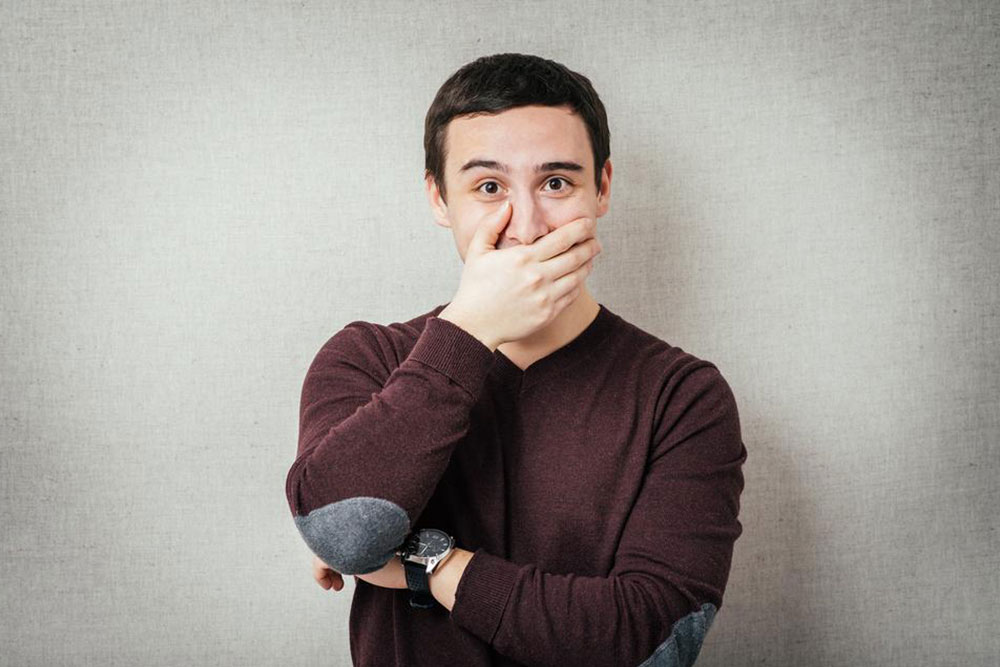Why do you get hiccups
The diaphragm muscle in our body is responsible for separating the chest cavity from the abdominal cavity. Hiccups are a result of this muscle spasming and contracting while the vocal chords suddenly stop the intake of air through the cavity.
A full stomach is normally the number one reason causing hiccups, which can be due to overeating, consumption of more alcohol than what your stomach can handle. Even smoking, changes in temperature which can be due to consumption of something cold followed by something hot. Hiccups can also be the cause of sudden emotional change or stress or excitement.
The duration of hiccups is uncertain.

However, the main question that arises is how to stop hiccups?
Hiccups are not a very severe condition and usually go away on their own after a couple of minutes or so. This is of course excluding persistent and intractable hiccups. However, when somebody asks how to stop hiccups, medical professionals recommend the following easy methods and ways to cure hiccups.
Have something sweet: Although not very effective, swallowing a spoonful of sugar can help irritate the esophagus causing the nerves to reset which will stop the diaphragm from spasming, thus curbing hiccups.
A spoonful of vinegar: Vinegar has a sour taste, just a teaspoon of vinegar will do fine. However, when it comes to finding a more effective remedy on how to stop hiccups, peanut butter might just work.
Peanut butter: A perfect combination of something sweet and sour, but more importantly sticky. A spoonful of peanut butter will take some time to gulp down and will give your jaw muscles a nice workout while trying to scrape it off those tough corners. This unusual exercise will help interrupt your breathing patterns and will help bring hiccups under control. Peanut butter is a classic solution on how to stop hiccups, having proved quite effective time and time.
Brown paper bag: Breathing deeply in and out of a brown paper bag is one of the ways to cure hiccups. This exercise will increase the carbon dioxide levels in your bloodstream thus forcing you to draw in more oxygen to stop spasming the diaphragm.

